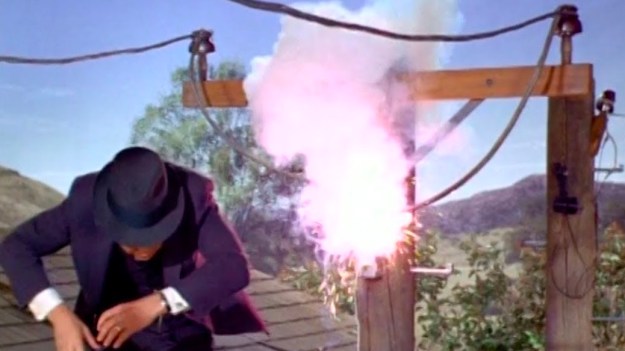FCC wants to allow cell sites to grow 30 feet in any direction, without meaningful local review

Local governments will have to automatically permit expansions of cell sites and other wireless facilities beyond currently approved boundaries, if the Federal Communications Commission approves a draft of new wireless facilities regulations. As it all but certainly will – the changes to existing wireless permitting rules are part of a bundle of significant changes to telecommunications policy that the republican-majority FCC has queued up for a vote just ahead of the November election.
As the rules stand now, local governments “may not deny, and shall approve” within 60 days modifications to existing wireless sites that are outside of the public right of way so long as the changes “do not substantially change the physical dimensions of the structure”.… More




![By USFS Region 5 (Thomas Fire) [CC BY 2.0 (https://creativecommons.org/licenses/by/2.0) or Public domain], via Wikimedia Commons](https://i0.wp.com/www.tellusventure.com/images/2018/7/thomas_fire_2018_utility_lines.jpg?resize=625%2C355&ssl=1)



